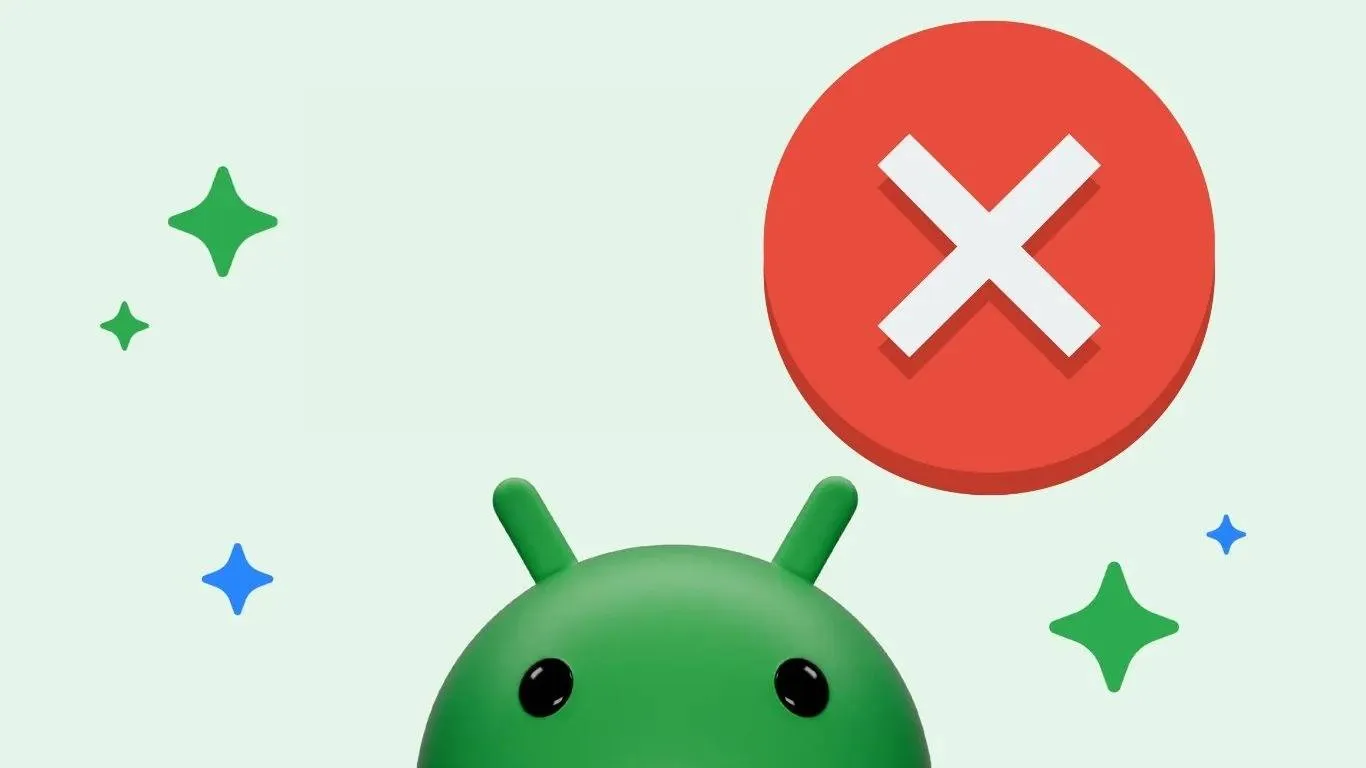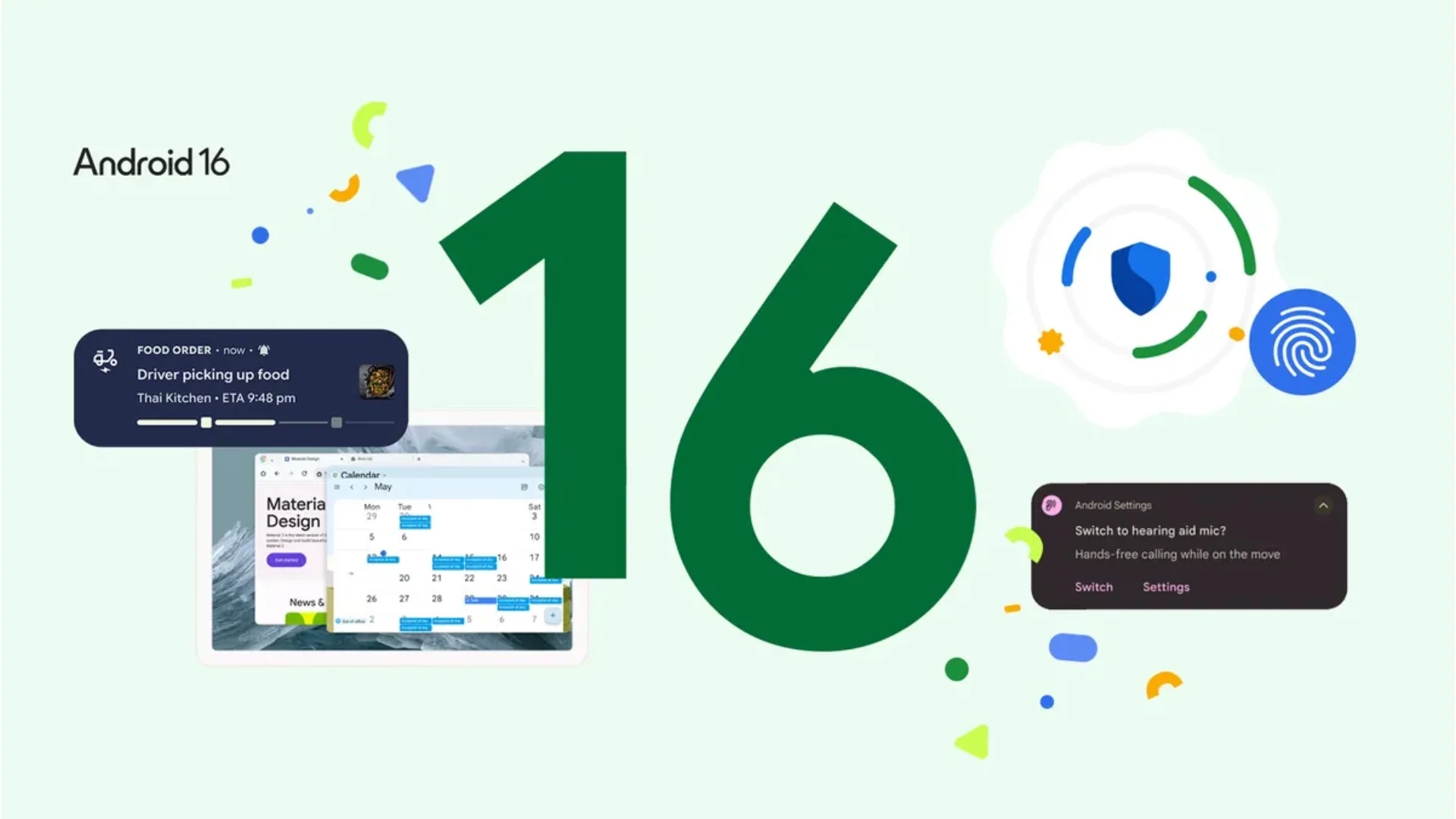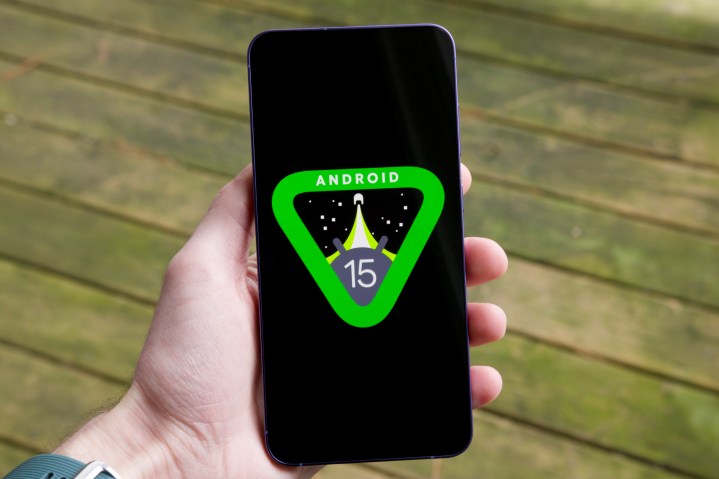After a more or less controversial announcement, the new Android 13 will allow you to connect to your PC or laptop. Probably nothing looks incredible. This could already be done through screen mirroring. Well, this change will allow you to run Windows 11, making your phone a real laptop.
The first Android phone that lets you run Windows 11

This announcement came as a flashback to mobile phone owners who want to connect their phone to a computer and be able to perform all their duties on it.
What does the Windows 11 interface look like on Android?
And here’s Windows 11 as a VM on Pixel 6 https://t.co/0557SfeJtN pic.twitter.com/v7OIcWC3Ab
— kdrag0n (@kdrag0n) February 13, 2022
Year after year, mobile phones are getting more and more powerful, with more and more RAM, more and more storage space, and integrated graphics processors and accelerators that can run mobile games that PCs can use. 7-8 years ago I didn’t even dream.
Among the features that Google has prepared is this option, as evidenced by the photos that appeared on Twitter and announced by AndroidPolice. So, using virtual machines will be much easier with Android 13. However, the tests were conducted on a Google Pixel 6 and Google Pixel 6 Pro phone, but I don’t see why you won’t be able to work with a Samsung Galaxy S22 Ultra.
Even so, owning one is still beyond the reach of the average person. Google seems to intend to use a super simple version of Android, called Microdroid, which would be used to compile certain parts of Android that need to be recompiled whenever Android Runtime (ART) is updated, the component of the operating system that makes for applications to run. It should be noted that this system is still in beta, being available only to mobile application developers.
Google has created a new virtualization framework and introduced the so-called protected kernel virtualization mechanism (pKVM), which lays the groundwork for standardized support for Virtual Machines. Google relied on previous pKVM systems.




